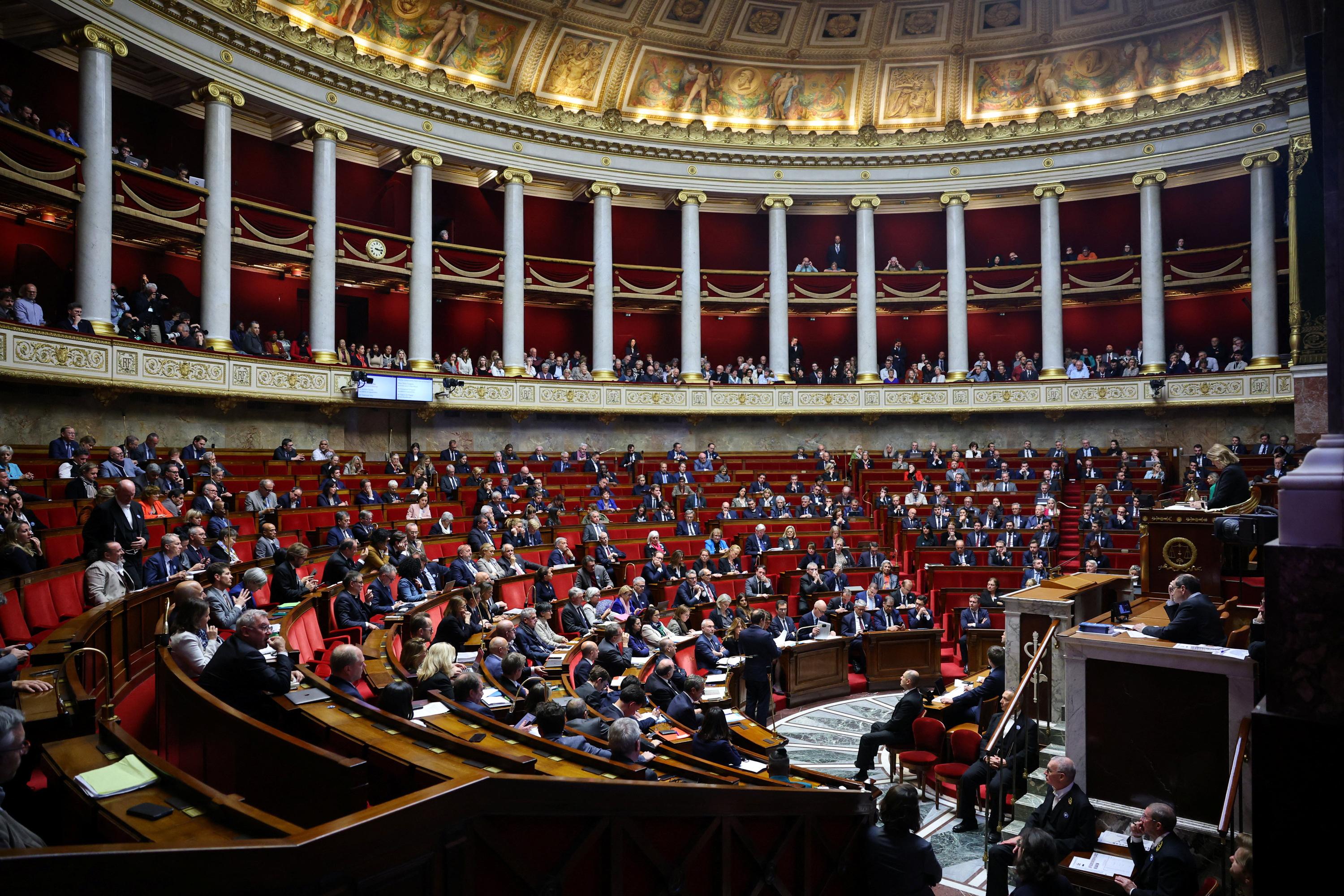French National Assembly Debates Suspension of 2025 Pension Reform Amid Political and Union Divisions
The French National Assembly debates suspending the 2025 pension reform, delaying retirement age increase to 64 until 2028 amid political compromises and union divisions.
- • The National Assembly debates suspending the 2025 pension reform, delaying retirement age increase to 64 until January 2028.
- • The Socialist Party sees the suspension as a political victory, avoiding censure of the government.
- • La France insoumise opposes the delay, demanding full repeal of the reform.
- • Union reactions are divided, with CFDT supportive and CGT critical.
- • Patrick Martin of Medef criticizes the suspension as harmful to employment and taxpayers.
Key details
On November 12, 2025, the French National Assembly began debating a pivotal measure to suspend the 2025 pension reform, specifically delaying the planned increase of the retirement age to 64 until January 2028. This suspension, viewed as a significant political development amid widespread public opposition, allows individuals born in 1964 to retire at 62 years and 9 months rather than 63, and includes an amendment extending this benefit to certain early retirees born in the first quarter of 1965, notably affecting long-career workers and some public service roles such as firefighters and caregivers.
The reform suspension has been secured largely through negotiation with the Socialist Party (PS), which accepted it in exchange for foregoing a motion of censure against the government led by Prime Minister Sébastien Lecornu. Socialist deputy Jérôme Guedj expressed satisfaction with the outcome, calling it a victory achieved through persistent pressure. However, this compromise has drawn sharp criticism from La France insoumise (LFI), which refuses to accept a delay rather than full repeal, condemning the suspension as a betrayal and a legitimization of the 64-year retirement age under the controversial use of constitutional Article 49.3.
Union responses have been mixed: the CFDT praised the suspension as a progress, while the CGT dismissed it as an insufficient postponement. Meanwhile, employer representative Patrick Martin, head of Medef, vocally criticized the suspension, describing it as a "foundational fault" jeopardizing employment rates and burdening taxpayers.
The debate and the impending vote reflect broader tensions within the left and government supporters, with Macron’s administration aiming to balance political pressures while maintaining key reform elements. The suspension notably freezes planned increases in contribution quarters, holding steady at current thresholds for affected generations. The outcome of the initial vote was expected to pass, offering a temporary political reprieve for the government while inflaming divisions among left-wing parties and social stakeholders.
This article was translated and synthesized from French sources, providing English-speaking readers with local perspectives.
Source articles (5)
Source comparison
Latest news
Katy Spicher Sues French State for Denial of Justice Over Unsolved 1983 Murder of Her Mother
French Public Sees Rise in Political Violence Amid Pre-Municipal Election Tensions
Businesses Drive French Economy Amid Rising Financial Challenges for Youth
France Climbs to 4th Place in 2026 Winter Olympics Medal Table After Biathlon Relay Gold
XV de France to Field Largely Unchanged Lineup Against Italy in Six Nations
France and India Deepen Strategic Partnership with Focus on AI Regulation and Defense Cooperation
The top news stories in France
Delivered straight to your inbox each morning.



